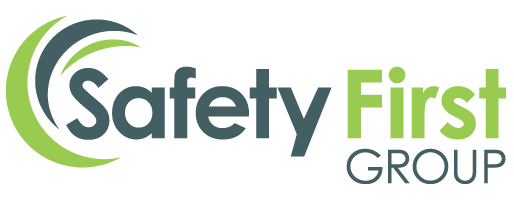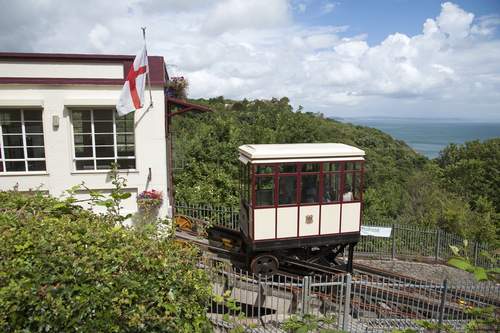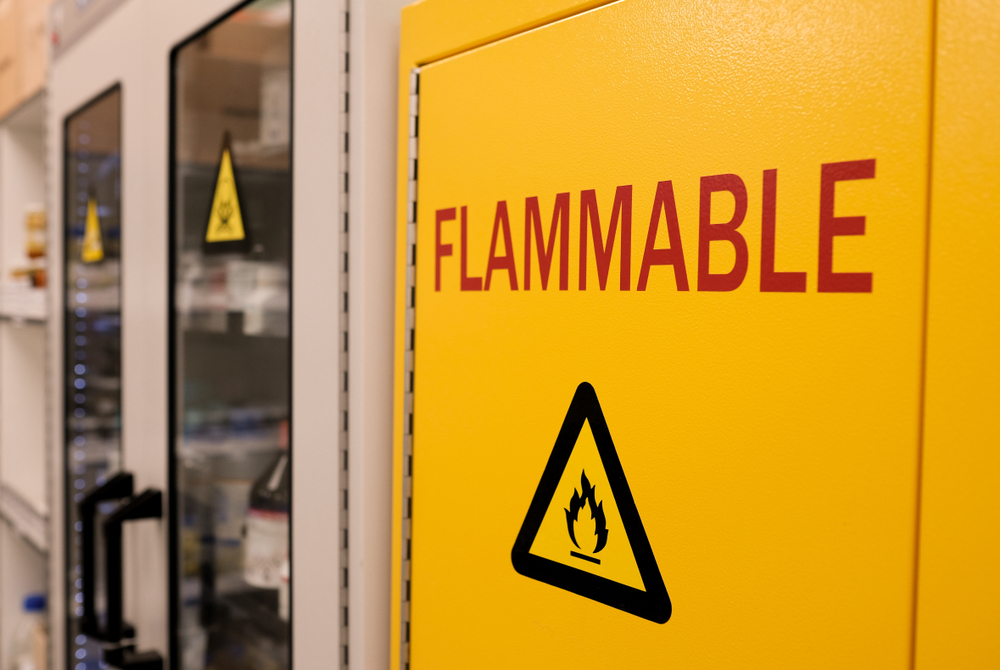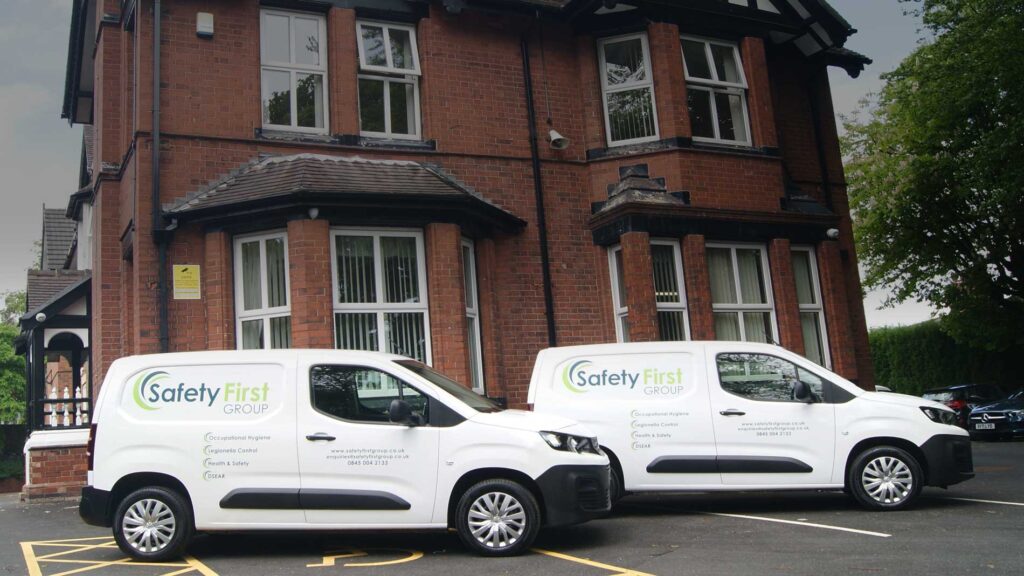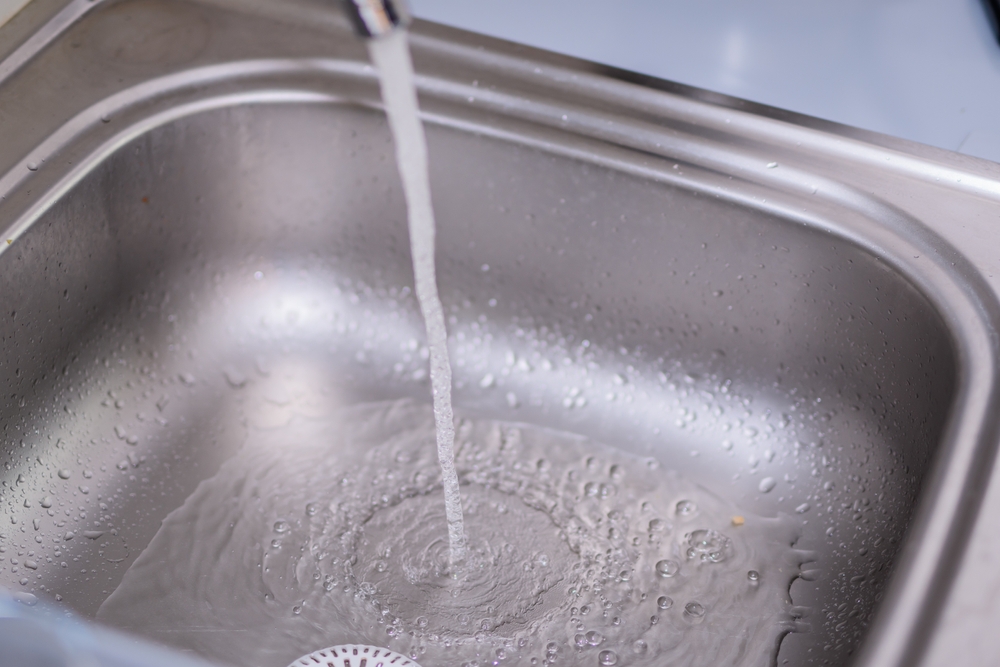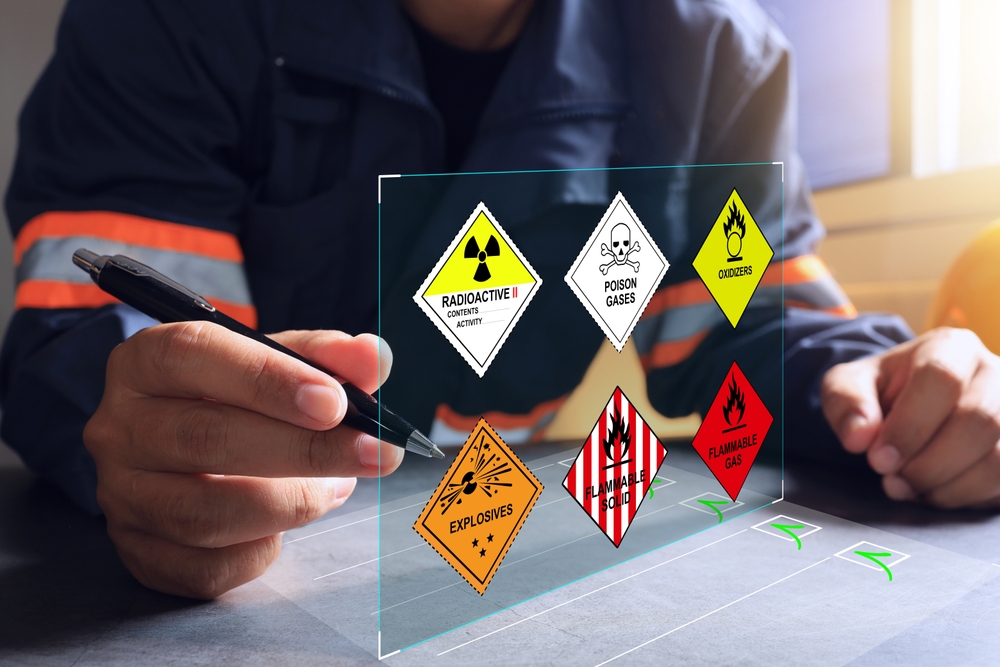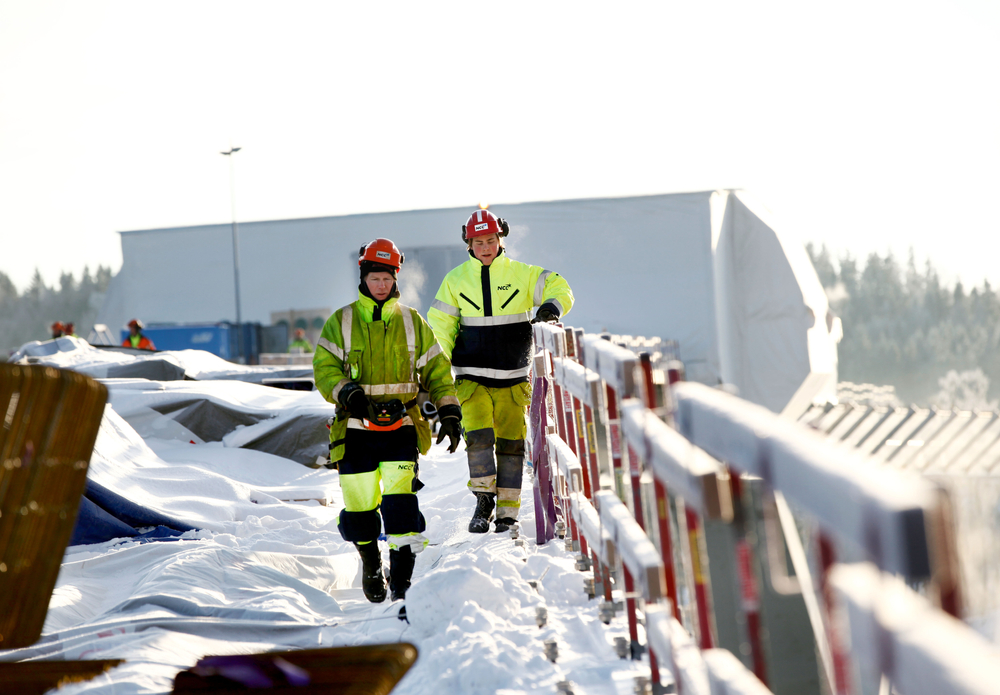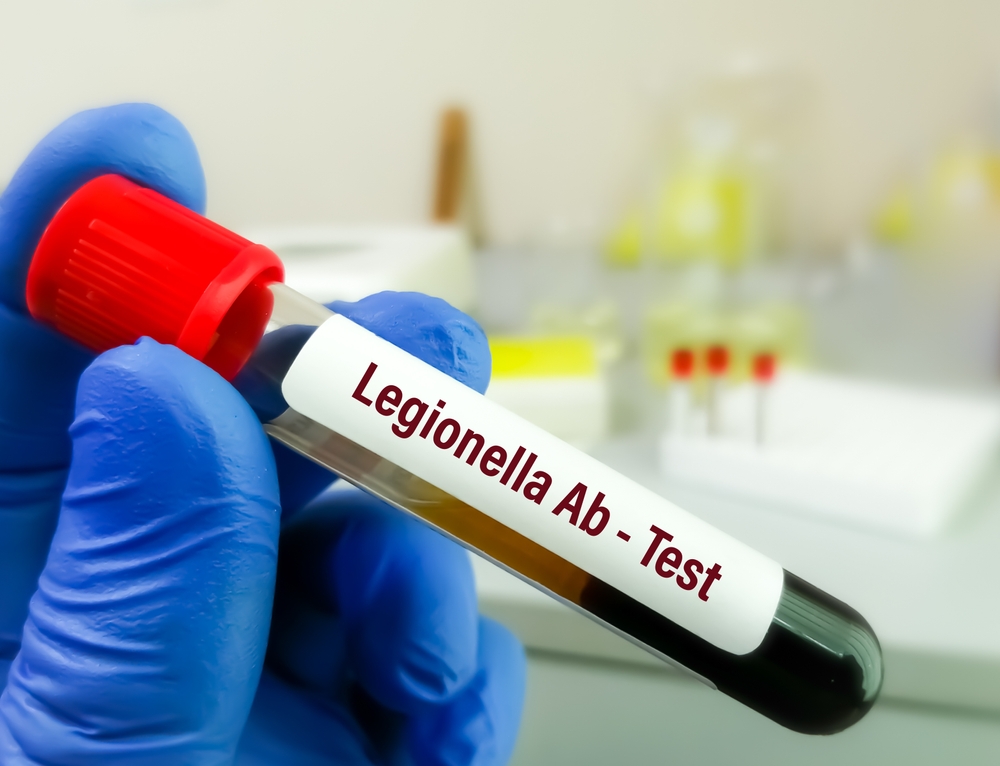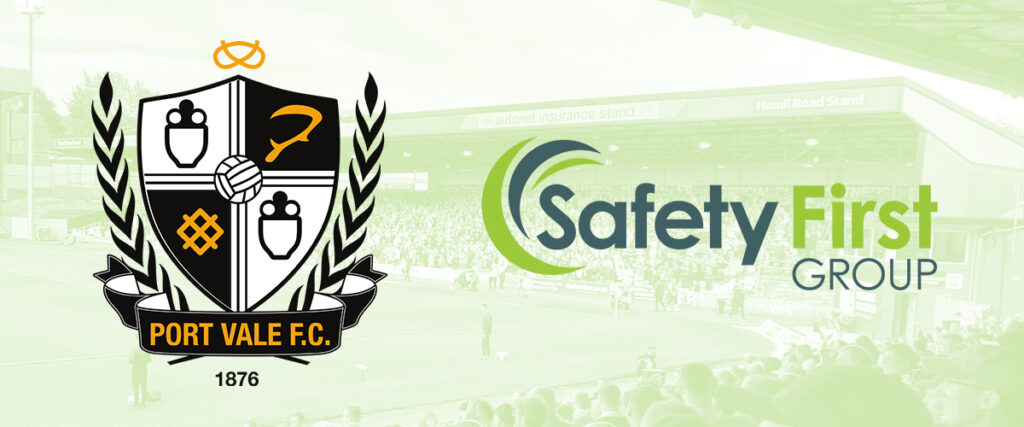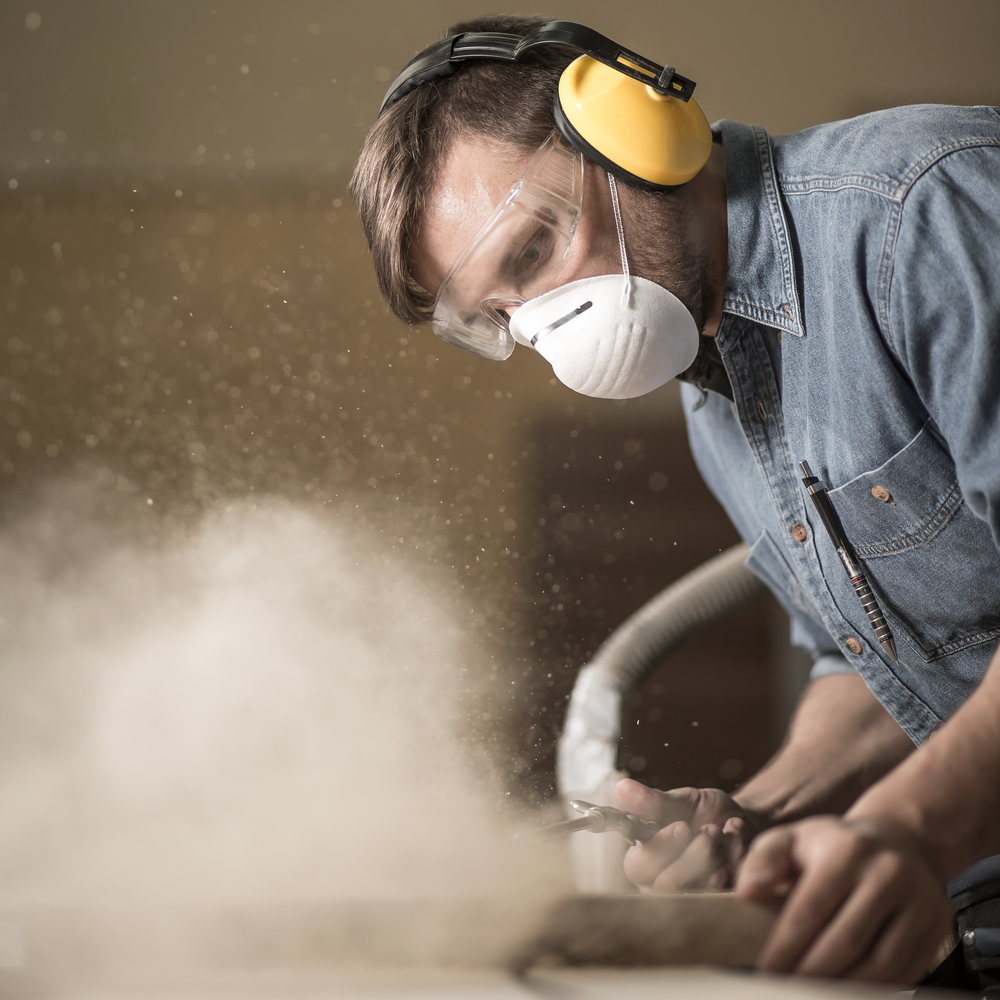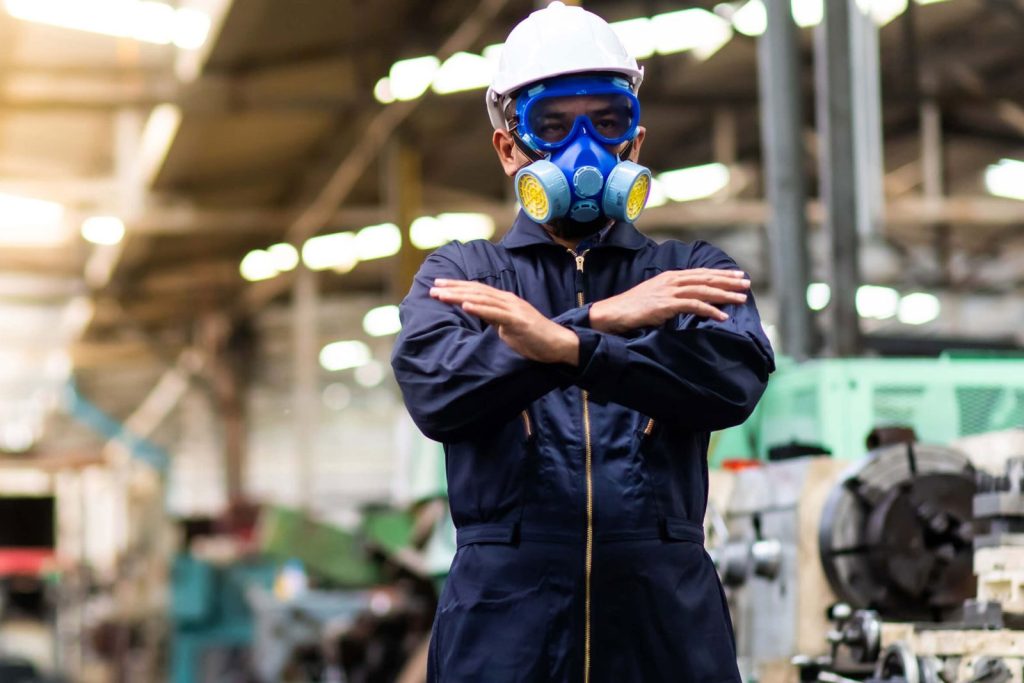An investigation into an industrial accident has been passed over by the police to the HSE. The Health and Safety Executive (HSE) have been asked to take over and investigate the incident once the police found that the commercial railway was at fault.
The railway, based in Torquay, is a popular tourist attraction. Carriages on the railway take passengers up and down a steep cliff, with views of the Devon countryside along the way. Whilst we don’t yet know the details of the accident, South Devonshire Police informed the HSE straight away as the fatality involved an employee of the railway.
However, part of running a business includes knowing where risks occur throughout your premises. Of course, sometimes accidents will happen which can’t always be predicted. But, knowing what could occur is what a risk assessment is all about.
What is an industrial accident?
An industrial accident is described as being ‘a serious event that involves hazardous materials and that can have consequences for the surrounding population and environment. Whilst we cannot speculate on an investigation that is currently underway, we can help to highlight some of the ways that this can potentially be avoided in the future.
According to the HSE, types of industrial accidents include:
- Equipment rollovers
- Vehicle and forklift overturns
- Slips, trips and falls
- Being struck by heavy equipment, vehicles, etc.
- Defective power tools and equipment
- Being caught in machinery or equipment
- Being crushed or struck in collapsing structure
- Toxic chemical exposure
Accidents are preventable
Industrial accidents are preventable with the correct workplace health and safety controls and measures. Furthermore, prioritising these will not only help to safeguard employees, but will also ensure that your business is legally compliant.
When an industrial accident occurs, the HSE will step in to conduct enquiries on how this has happened. As part of the investigation the HSE will seek to work out what caused the accident, and whether the appropriate legal frameworks have been adhered to. Importantly, they will also seek to determine whether your business is at fault.
Failing to comply with the HSE’s regulations could land you in hot water, and at the receiving end of a hefty fine. Thankfully, you can avoid industrial accidents with some careful forward planning.
Why risk assess?
Part of running a business includes knowing where risks occur throughout your premises. Of course, sometimes accidents happen which can’t always be predicted. However, knowing what could occur is what a risk assessment is all about.
Planning for the possible, helps avoid the probable!
William Dooley, Safety First Group Managing Director
Health and Safety Risk assessments play a pivotal role in preventing accidents. Your business is no exception. When conducting a risk assessment you should cover all potential hazards, no matter how small they seem.
Tips for preventing accidents at work
Once you have identified all of the possible hazards on your premises, you can work on accident prevention. Preventing accidents means working safely, and putting measures in place for safeguarding against industrial accidents.
You can find some handy tips for prevention over at HSE watch, but for ease, we’ve listed some for you here.
- Obey safety requirements – As an employer it is essential that you ensure safety is practised throughout. Inadequate or improper safety prevention is required by law, so make sure this comes from the top down to avoid the HSE knocking at your door!
- Communication is key – If you are planning on using heavy machinery and there are people around, make sure you tell someone. Similarly, if you need to go through another working zone, make sure you speak to someone in that area so that they know your plans. This can help prevent someone walking out on you when least expected.
- Provide proper training to employees – This includes management. Anyone working in a hazardous site cannot help prevent accidents if they haven’t received training on how to do the job safely.
- Ensure machinery is in good working order – Common Sense? Some companies don’t keep logs of when machinery needs to be serviced. Broken tools can’t do a proper job and can cost lives, so make sure that all machinery is regularly serviced to avoid problems.
- Forget shortcuts – Working smarter isn’t about working faster. Trying to rush to finish a job may mean you miss important steps and this is when accidents can happen. Make sure safety is your number 1 priority at all times.
- Ensure correct lighting for the job – Not everyone considers poor lighting a hazard. We are here to tell you it does! Inadequate lighting can mean that workers aren’t able to see what they need to be, and that means danger! Try working with your eyes closed, it’s difficult, yes? Lighting surveys are essential to all businesses relying on artificial light.
- Neglecting on-site safety – Outright safety negligence will definitely end up with a fine from the HSE. Usually, the HSE will become aware of inadequate safety due to an accident at work. Hopefully this isn’t a fatality. But what if it is? All employers have a legal requirement to protect their workers on site. You can learn more about that here.
Don’t forget, these are just some of the accident prevention methods, and the tip of the iceberg when it comes to UK compliance.
Safety First Group
Our business name reflects our company ethos – Safety, first! For a more in depth look at how we can help you prevent accidents and safeguard employees, you can visit our dedicated services here.
Ready to get started? Contact us here, or on 0845 004 2133. We look forward to hearing from you.
